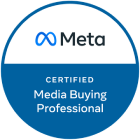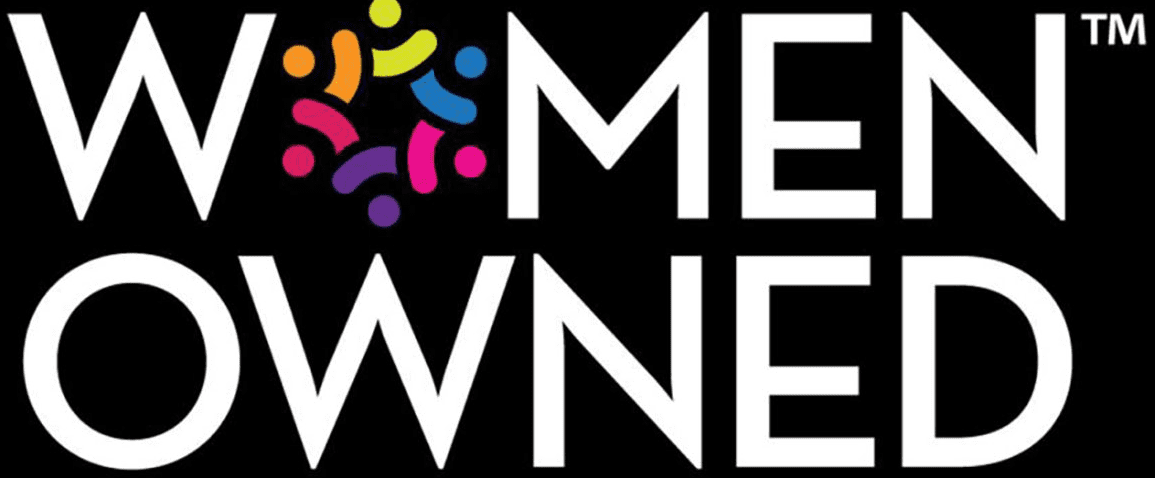In this Beginner’s Guide, learn all about Paid Search from the basics of what is paid search to professional tips from Your Marketing People’s SEM Specialist. If you have questions, please don’t hesitate to contact us. We always here to help!
What is Paid Search Advertising?
You know those results at the very top of Google? The ones you see first every time, whether you’re searching on your phone or your computer?
That’s paid search advertising at work.
Paid search is a form of online marketing where you pay for ad placements in search engines like Google and Bing. Paid search operates on a PPC basis, which stands for pay-per-click. With paid search, you’ll bid for Google to display your ad when people search for keywords relevant to your business, but you’ll only pay once they actually click on your ad.
Businesses engage in paid search advertising because it’s scalable. You only pay for the people who actually visit your website, allowing you to optimize your customer acquisition cost. Then, you can scale your budget to meet the number of customers you need.
When done right, paid search can be one of the most effective ways to reach potential customers—precisely at the time they’re looking to purchase from a business like yours.
Why Your Business Needs Paid Search
Your business doesn’t have time to wait for customers. You need them NOW.
That’s why you need paid search.
With paid search, your business can instantly reach customers. There’s no waiting months to develop keyword-focused content, build links to it, and wait for it to rank well like there is with SEO.
With paid search, you pay just for the keywords that indicate high purchase intent. You reach people when they’re in the mood to buy, not when they’re looking to learn more information or educate themselves about your industry. Visitors who come to your website through paid search, as opposed to an organic result, are 50% more likely to buy.
When you invest in paid search, your business gets to jump ahead of the organic results, all the way to the top of Google. It’s no surprise these ads receive twice as many clicks as the organic search results.
The benefits aren’t isolated to your paid search campaigns, either. Paid search advertising also lifts brand recognition and awareness by 80%.
Paid Search
The Stats
1
%
More Likely to Buy
1
%
Lift in Brand Awareness
1
x
More Clicks than Organic
How to Get Started with Paid Search
Follow these steps to get started with Paid Search for your business.
1. Sign up for a Google Ads account.
In order to start advertising, you’ll need a Google Ads account. This is where you’ll set your budget, research keywords for your campaigns, load money in to fund them, and build your ads. From one central dashboard, you’ll be able to bid on traditional display ads, YouTube pre-roll ads, Shopping campaigns, and more.
2. Set your budget and goals.
Before you go crazy spinning up a campaigns, take a moment to review your goals. Do you want to promote a particular product, or all of your products? How much money are you willing to spend? It’s especially important at this stage to calculate an ideal ROI—how much can you spend for the payoff to be worth it? Remember that you’ll pay for every click to your website, not every website conversion.
3. Perform keyword research.
Think like your customer. What phrases would they use to find products or services like yours? Those are your keywords. You can use Google Keyword Planner, included with your Google Ads account, to get started. Type in a few phrases to get started, and the tool will show you countless variations to bid on.
4. Design your landing pages.
It’s almost always better to send paid traffic to a custom landing page over your home page. That’s because you can design the landing page to precisely target that ad’s audience, through your supporting copy, the visuals, and the call to action. Create landing pages to serve different audiences and different products.
5. Launch and Watch your metrics.
Once your campaigns, ads, and landing pages are ready, set your campaigns live. Regularly review your paid search strategy. To gauge how well your PPC efforts are working, keep a close eye on your Quality Score, Auction Insights Report, and Ad Rank. If you find yourself overspending and under-converting, contact us. We’ll get your paid search campaigns back into the black.
6. Get help when you need it.
It can be challenging to keep track of all your email campaigns, and to know which are the right campaigns to focus on in the first place. Plus, there are all sorts of little details (like adding an emoji to your subject line) that can move the needle for a campaign. Call Your Marketing People when you’re ready to take your email marketing to the next level. We custom-build email strategies that produce results.
Pro Paid Search Tips from Your Marketing People
- Add negative keywords. There will always be keywords that drive clicks to your website, but perform miserably on the conversion side. Maybe these are for products you no longer sell, or the searcher is in more of an educational state of mind. Either way, auditing your keyword performance and adding these underperformers to your Negative Keywords list eliminates those unwanted clicks and puts dollars back in your budget.
- Explore ad extensions. Beyond the standard headline, copy, and CTA link to your website, Google offers a variety of ad extensions that can help your paid search ad stand out. Would star ratings, call buttons, or additional website links help your ad performance? Test them to find out.
- Don’t forget the landing page. Your ad drives people to your landing page, but the landing page seals the deal. Ensure your lead form or CTA is completely above the fold, and minimize unnecessary distractions on the page, like your main navigation. With just a few simple design tweaks, we doubled the conversion rate for one of our clients’ PPC landing pages and reduced their cost per lead by 50%.
- Keep it to one CTA. It’s tempting to offer customers options. You want to give them all the opportunity in the world to convert—but don’t. Focus on a single call-to-action, and make the message cohesive from your paid search ad to the landing page. You can always create more landing pages and ads to target more customers.
- Test your ad copy. Never assume that just because you think your ad copy is brilliant, your customers will, too. Constantly test variations on your ad copy and CTAs to see which performs better. This can make a big difference. We changed a single sentence in one of our client’s ads, and it boosted their click-through rate by 10%!
Learn More About Paid Search
One of the best things about paid search is that it’s exciting. Google’s always introducing new ad formats and placements for brands to try.
For your PPC strategy to stay competitive, your brand needs to stay on top of these new releases. You can do that by subscribing to Your Marketing People’s blog.
We’re always sharing the latest paid search news, along with proven tips and tricks we’ve used to improve returns for our own clients. Subscribe now and never miss a beat.
See What Paid Search Can Do for Your Business
At Your Marketing People, we know the ABCs of PPC. From shopping campaigns to display ads, we know how to drive clicks and sales while maximizing your ROI and driving down your costs.
From our experience managing budgets in the millions, we know what does and doesn’t work for brands. From account setup and landing page creative to keyword auditing and reporting, we’ll create a custom paid search strategy just for you.
~~~
“My company would not be where it is today without Your Marketing People. They’re constantly finding new ways to improve our PPC campaigns. Like any business, we’re affected by seasonal ebbs and flows. Your Marketing People works that into our SEM strategy, pushing different products during various times of the year to maximize our returns. I never have to worry that they’re spending our budget wisely.”

Charith Perera
President






